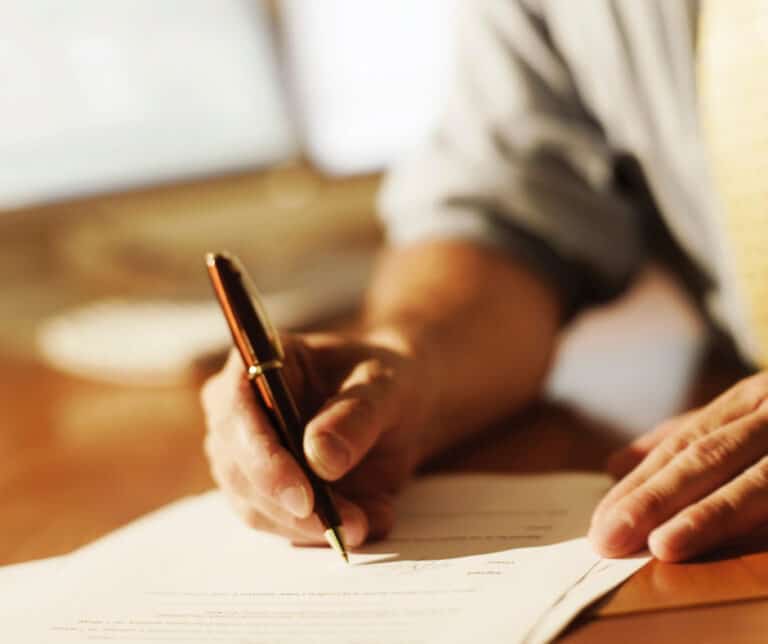Most people are familiar with the concept of waivers, which are required before participating in risky activities, entering an amusement park, or using public facilities like a pool or gym.
There is a common misconception that you have no legal options if you suffer a serious injury once you sign a waiver.
By signing a waiver form, you usually acknowledge that you understand the risks involved and give up any right to sue for compensation if you become injured. So, the question arises, “Are these waivers enforceable in court?”.
A waiver is not always enforceable. You don’t automatically waiver your right to compensation for injuries related to an activity you have chosen to undertake of your own free will.
What is a waiver?
A waiver is the voluntary relinquishment or surrender of some known right or privilege, usually in the form of a written contract. A waiver form is legal protection businesses use to reduce their liability and risk. This type of agreement is used to ensure customers are aware of potential risks in certain situations. It usually states that the business has undertaken every reasonable measure to make the service as safe as possible.
It generally has clear instructions and includes clauses that protect the business against the cost of injuries sustained by individuals who do not follow the rules and the instructions while commencing their chosen activity. It protects the business against individuals who risk injury while doing activities outside the scope of what is offered or against the proprietor’s advice.
Can I still claim compensation if I am injured after signing a waiver?
The Australian Consumer Law still imposes strict legal requirements on businesses, including the expectation that they provide their experience or service with due care. In the event that your injury was caused by negligence and the activity provider’s duty of care was breached, you may be able to file a claim.
Some examples of negligence are inadequately maintained equipment or inexperienced staff. You should keep in mind that if your injuries were caused by the typical risks that come with the activity and not by their negligence, your claim is much less likely to be successful.
If I am injured after signing a waiver, what should I do?
If you are able to, gather as much evidence as you can. Evidence may include.
- Taking photos of the injury and location.
- Writing down what happened and recording details of any witnesses.
- Visiting a GP for a medical assessment and having your injuries recorded.
- A copy of the waiver you have signed
Never assume that you are not eligible to claim for costs associated with an injury or illness sustained while undertaking a risky activity, even if you have signed a waiver beforehand.
If you have sustained an injury after signing a waiver and are unsure of your rights and entitlements, please get in touch with our legal team on 1300 695 299.

